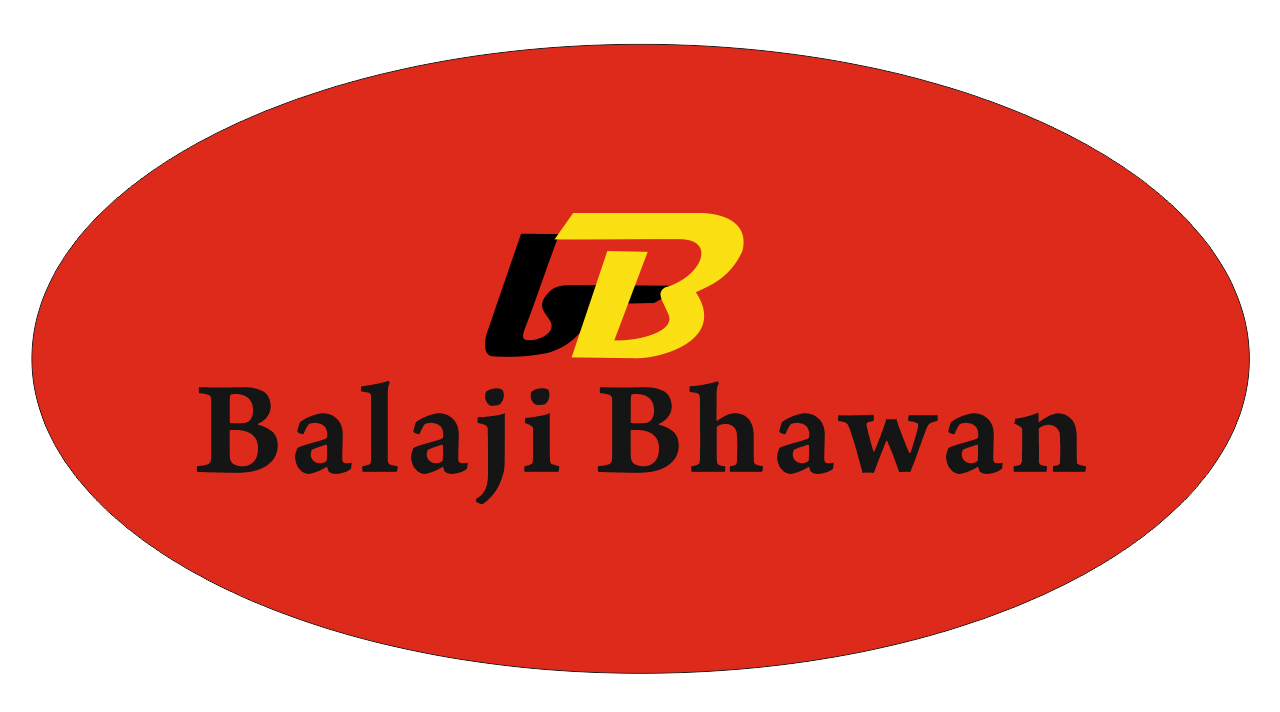The Executive Chef in an Indian restaurant is responsible for overseeing all kitchen operations, including menu creation, food preparation, maintaining food quality, managing kitchen staff, and ensuring the highest standards of hygiene and safety. This leadership role involves ensuring the authenticity and innovation of Indian cuisine, while balancing operational efficiency and profitability.
Key Responsibilities:
- Menu Planning & Development:Design and develop authentic Indian cuisine menus that reflect the restaurant's theme and customer preferences.
Innovate and introduce seasonal specials, signature dishes, and fusion options that appeal to diverse clientele.
Ensure balance in the menu between vegetarian, non-vegetarian, vegan, and gluten-free options.
Regularly review and update the menu to incorporate new ingredients or respond to customer feedback.
- Food Preparation & Quality Control:Ensure all dishes are prepared to the highest standard, maintaining authenticity in taste, presentation, and portion size.
Monitor the kitchen workflow to ensure timely service without compromising food quality.
Develop recipes and ensure consistency in taste and quality across multiple locations if the restaurant operates branches.
Oversee taste tests, making adjustments to recipes or preparation methods as needed.
- Kitchen Operations & Efficiency:Manage kitchen staff, including sous chefs, line cooks, and other team members, ensuring smooth daily operations.
Delegate tasks and monitor kitchen performance to ensure timely delivery of orders, especially during peak hours.
Ensure that all kitchen equipment is functioning efficiently and is properly maintained.
Work with the restaurant manager to optimize kitchen workflow and reduce wastage.
- Inventory & Supplier Management:Manage the ordering of raw ingredients and spices, ensuring that the kitchen is stocked with fresh, high-quality products.
Build strong relationships with suppliers, particularly for sourcing authentic Indian ingredients.
Monitor inventory levels and control costs by minimizing wastage and ensuring portion control.
Conduct regular inventory checks and ensure accurate reporting.
- Food Safety, Hygiene, & Compliance:Ensure the kitchen meets all local health and safety regulations and standards.
Implement food safety management systems (HACCP) to prevent contamination and ensure food hygiene.
Conduct regular audits and inspections to ensure cleanliness and compliance with sanitation protocols.
Train staff on proper food handling, storage, and sanitation practices.
- Team Leadership & Staff Training:Lead, motivate, and manage the kitchen team, fostering a collaborative and high-performance work environment.
Train new kitchen staff and provide ongoing coaching to ensure skill development and consistency in food preparation.
Conduct performance reviews and provide feedback to ensure continuous improvement.
Create a positive work culture that encourages creativity, teamwork, and respect.
- Cost Management & Budgeting:Monitor food costs, labor costs, and kitchen expenditures to ensure profitability.
Collaborate with the restaurant owner/manager to develop budgets and control kitchen expenses.
Implement cost-control measures such as portion control, efficient ingredient use, and reduced wastage.
Analyze sales data and food cost percentages to make data-driven decisions regarding menu pricing.
- Customer Experience & Feedback:Engage with customers, particularly during special events or chef’s table experiences, to gain direct feedback on dishes.
Make adjustments to dishes based on customer preferences or dietary needs (e.g., spice levels, allergies).
Handle customer complaints related to food quality and resolve issues to ensure guest satisfaction.
- Event & Catering Management:Plan and manage special events, banquets, or catering services, ensuring the kitchen can handle larger volumes while maintaining food quality.
Customize menus for private parties, weddings, and corporate events, working closely with clients to meet their needs.
- Culinary Innovation & Trends:
- Stay updated with the latest culinary trends, particularly within Indian cuisine, to ensure the restaurant stays competitive.
- Experiment with new techniques, ingredients, and presentation styles to keep the menu fresh and exciting.
- Integrate modern culinary techniques, fusion concepts, or health-conscious options into traditional Indian dishes.
Skills and Qualifications:
- Culinary degree or Experienced from old company.
- Extensive experience in Indian cuisine, with expertise in regional variations (e.g., North Indian, South Indian, Bengali, etc.).
- Proven leadership and management skills in a kitchen environment.
- Strong knowledge of kitchen equipment, food safety standards, and inventory management.
- Ability to work under pressure, particularly during busy service periods.
- Creative, with a passion for both traditional and modern culinary techniques.





